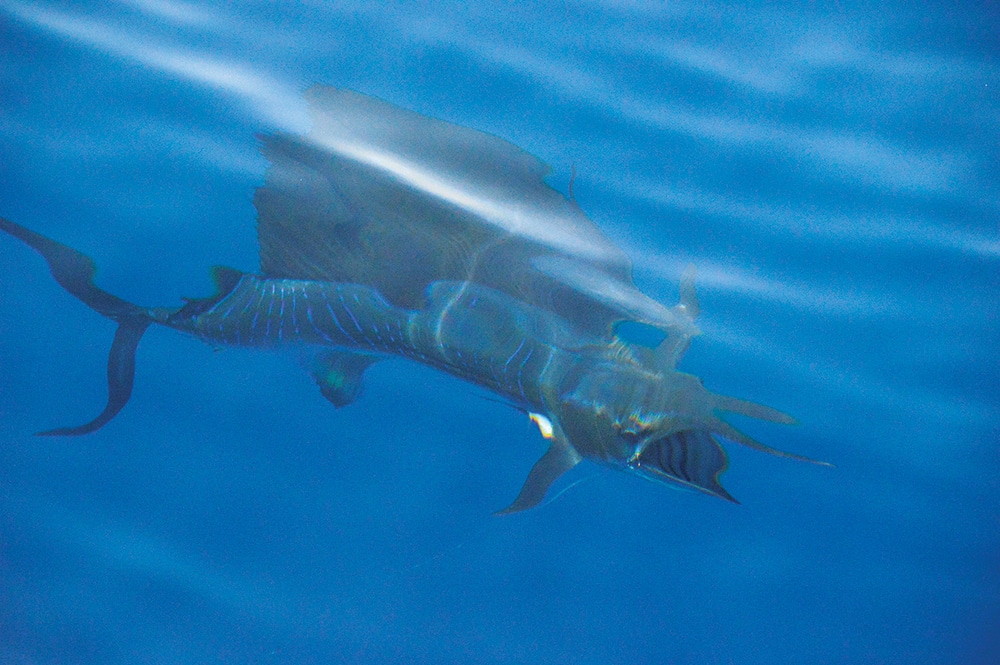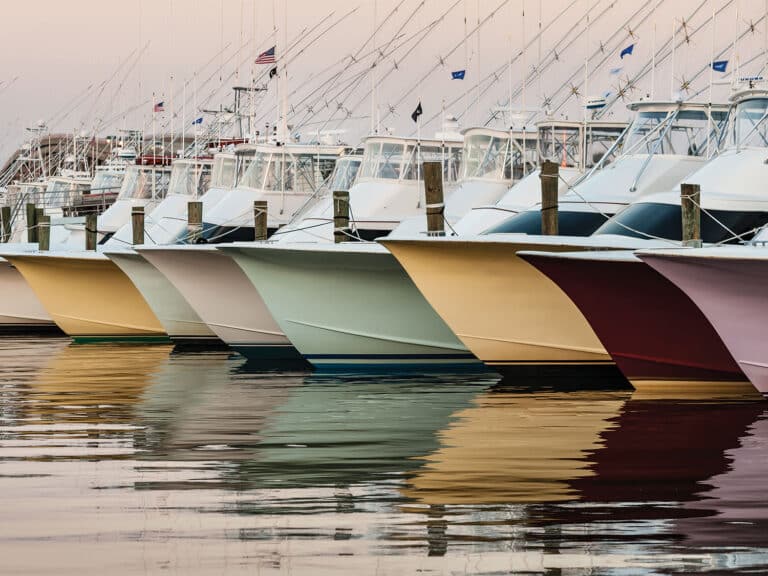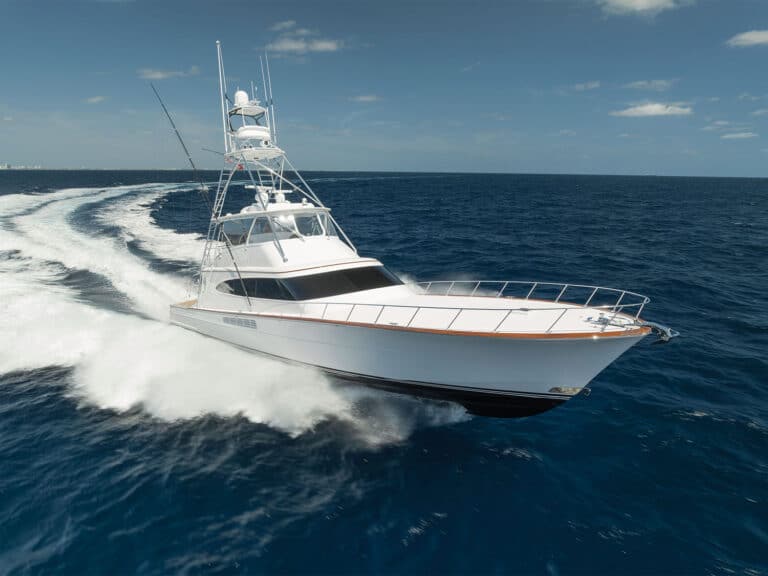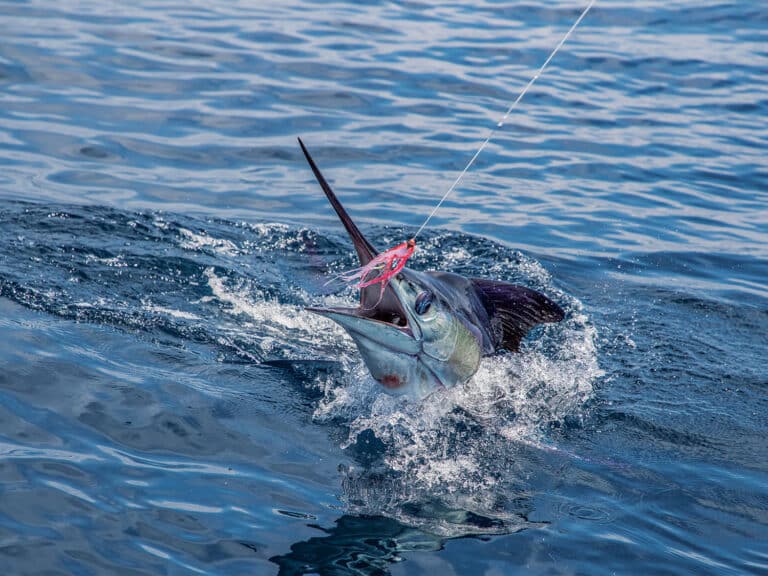Costa Rica is home to some of the world’s best billfishing, and one of the top destinations for anglers is the central Pacific town of Quepos. It’s not only the gateway to Manuel Antonio National Park — it’s also a kickoff point for some red-hot offshore action.
The town’s name originates from the Quepoa Indians, the original settlers of the region at the time of the Spanish conquest of Central America. Warfare, disease and slavery eventually brought down the Quepoa until only the name remained. The town first gained prominence from its export of bananas. In the 1960s, a small group of gringos — mostly hippies, surfers and a few adventurous sport-fishing captains — started to visit the region, building homes, starting businesses and putting down roots. By the late 1980s, travel was made easier when Costa Rica’s national airline, Sansa, began flying regular routes to Quepos from the capital city, San Jose, in its venerable DC-3s.
It didn’t take long for word to spread about the phenomenal fishing taking place just offshore, and it’s a well-deserved reputation that still holds true today. “The fishing here is exceptional almost year-round,” says Ken Cofer, owner of the 57-foot Spencer Tranquilo. “During the high season, from January through April, we’ve released 25 to 35 sailfish a day in slick-calm weather conditions. It’s the only location we’ve been where you can count on consistently good weather and sunny skies 100 days in a row, and the run to the fish is usually from 11 to 35 miles from the marina.”
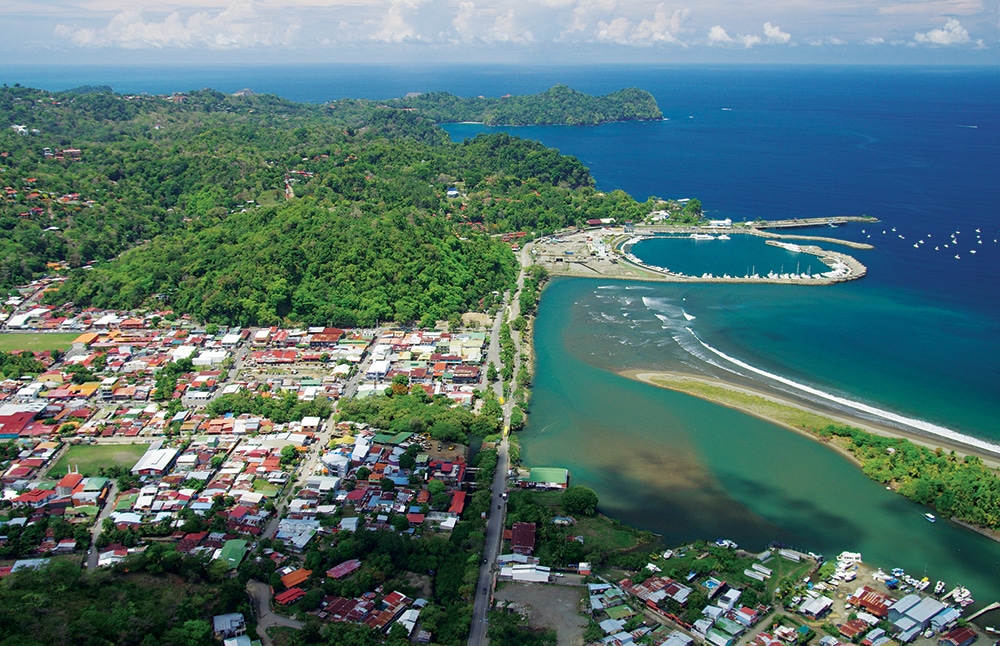
The Season
When the rainy season sets in from June through October, the offshore action slows a bit, but the bottomfishing remains very consistent, with big snapper and -grouper caught within 25 miles of the beach. On the inshore side, the action heats up from January through May, with terrific fishing for record-size snook, big snapper and roosterfish leading the list of targets. The excellent year-round fishing prompted Cofer to relocate Tranquilo from its home port in Nicaragua to Quepos.
Marlin are another big draw in Costa Rican waters, and Quepos is right in the middle of the action . The biggest concentrations of blues are found on the deepwater seamounts well offshore, but the results can be absolutely spectacular: Ten to 25 marlin bites a day is not unrealistic. The run can be from 80 to 150 miles, but it can be some of the best blue marlin fishing on the planet when it’s hot. A multiday trip out to the seamounts is one of those bucket-list items for any gung-ho angler willing to put forth the effort to make it happen.
Closer to port, black marlin can be readily targeted on either the Furuno Bank, a high spot about 30 miles from Quepos, or the 26, which is about 21 miles from the marina. Slow-trolled live baits are the preferred method for enticing a black marlin bite, but they will also rise to the standard Costa Rican trolling spread of circle-hooked medium ballyhoo fished behind squid daisy chains and natural or artificial dredges.
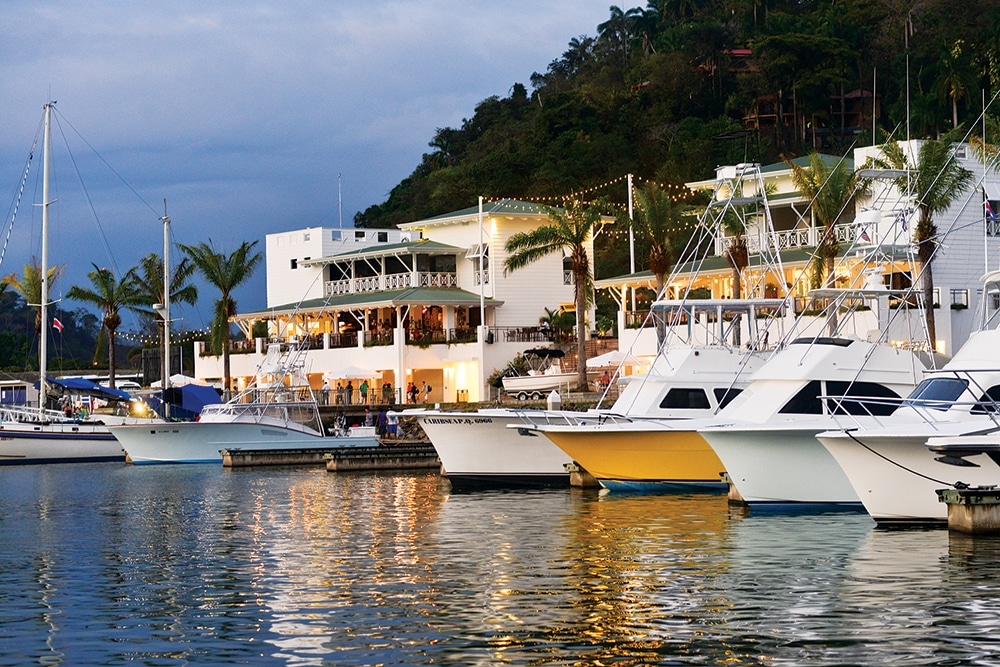
Renaissance Town
Quepos is undergoing a sort of renaissance period these days. One highlight is the continued expansion of the Marina Pez Vela project. It’s located right in downtown Quepos and has become a truly world-class destination marina, complete with a modern boatyard and even a 200-ton Travelift, virtually unheard of anywhere in Central America. Marina Pez Vela features concrete floating docks for vessels up to 200 feet in length, along with all the other amenities expected from a facility like this, including high-speed fuel services, 24-hour security and even dry storage for smaller boats up to 38 feet long.
Marsha Bennett relocated her famed El Gran Escape restaurant from downtown Quepos to the marina as well. It has been renamed the Runaway, but the tradition of great food and drinks continues, now steps away from the marina docks. A full-service concierge, iFish Quepos, is ready to help anglers coordinate any aspect of their trip. Whether it’s booking charter boats, tours to Manuel Antonio, airport transfers or even directions to the nearest grocery store, iFish Quepos is there to help.
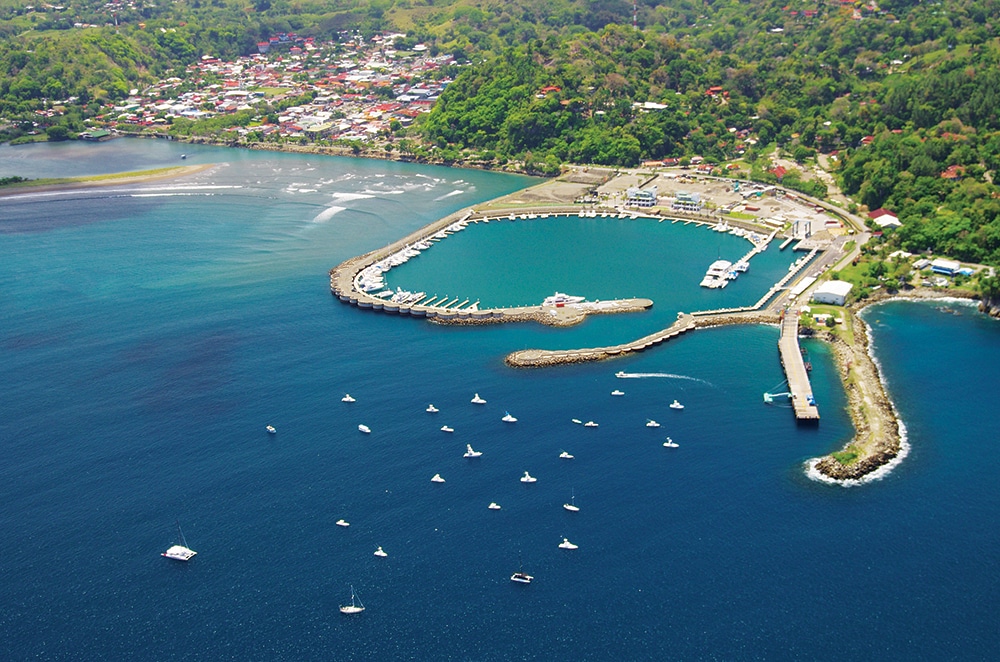
Lots To Do
Quepos and Marina Pez Vela also host the Offshore World Championship. Dan Jacobs, who is the director of the tournament, cites three great attributes of the region: a strong, reliable fishery, confidence in fishable weather for the event, and a high-quality marina for the participating vessels.
“From our standpoint, Quepos is an outstanding destination,” Jacobs says. “There is a wide range of hotel and restaurant options, plus Manuel Antonio National Park is right next door. The fishing and the weather are both consistently good, and our anglers really look forward to coming back next year.” Marina Pez Vela also hosts the Quepos Billfish Cup, a qualifying event for the OWC.
For the days not spent offshore, the top destination should be Manuel Antonio. While it’s among the smallest of the national parks, it contains an amazing amount of biodiversity. More than 109 species of mammals can be found, including two varieties of sloths and three of the four species of monkeys that live in Costa Rica, in addition to 184 species of birds. You can head out for white-water rafting, horseback riding, kayaking, snorkeling and diving throughout the area.
Quepos really does offer the best of both worlds: a laid-back Costa Rican fishing experience combined with some of the best wildlife and most beautiful beaches in the world, right where the rainforest meets the sea.
